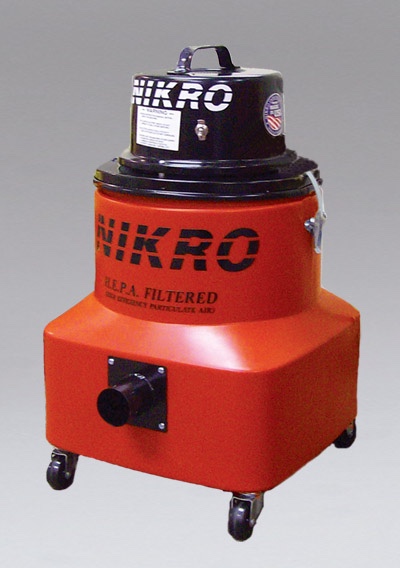
The importance of HEPA Filtration
What Is HEPA Filtration?
HEPA (High Efficiency Particulate Air) filtration is a standard used by a variety of different high-quality air filtration systems. Let’s take a look at the basics of HEPA now.
How Does HEPA Filtration Work?
True HEPA filters use a special type of mat that is built out of randomly-arranged fibers, usually made of fiberglass. Each individual fiber is extremely small, between 0.5 and 2.0 micrometers in width. As contaminants and pollutants are pushed through this filter, they are trapped between these fibers, and are unable to pass through.
HEPA Filtration Standards
HEPA standards specify that any given air filter must remove 99.97% of all particles that pass through it, having a size greater than or equal to 0.3 µm. In effect, this removes just about any common airborne particles, including mold, ash, mold spores, and pollen.
What Are HEPA Filters Used For?
● Preventing the spread of bacteria in hospitals
● Keeping dust out of laboratory and manufacturing “clean rooms”
● Filtering recycled air in airplanes
● Filtering air in car cabins
● Cleaning air after a fire or in a manufacturing plant
● HEPA filters are used by the vacuums that chimney sweeps use for cleaning flues and chimneys, to clean and catch extremely small soot particles
A Chimney Sweep’s Best Friend – The HEPA Vacuum
If you’re looking for a chimney sweep in Jacksonville, make sure they use HEPA filters when cleaning your chimney. This ensures that all of the soot particles are removed properly from your home, and do not enter the air.



